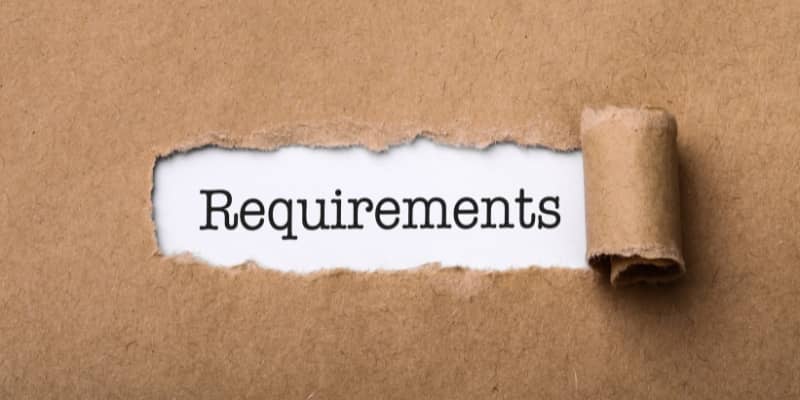
Small business owners often face the daunting task of protecting their enterprises from unexpected risks and liabilities. While many entrepreneurs know the importance of insurance, they may need clarification on whether they should consider obtaining coverage. This is where Pamphile Insurance Brokerage LLC comes in. As a trusted and experienced insurance provider, we specialize in helping small businesses evaluate their insurance needs and find the right coverage to safeguard their operations. In this blog post, we will discuss the key factors that indicate when a company should consider small business insurance and the benefits it can provide.
1. Legal requirements

2. Property ownership

3. Product liability
4. Employee injuries
5. Cybersecurity

6. Business interruption
7. Professional liability

In conclusion, small business insurance is necessary to protect your business from unexpected risks and liabilities. While it may seem like an additional expense, the financial protection it provides can be invaluable in a covered event. Consider the factors outlined above to determine which types of insurance are necessary for your small business.













